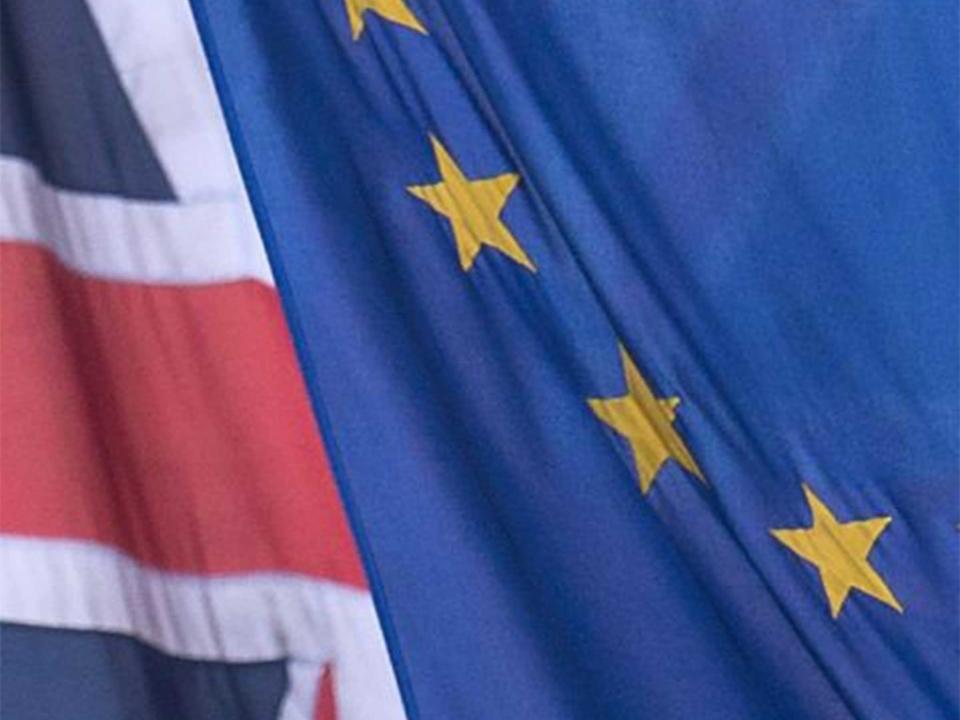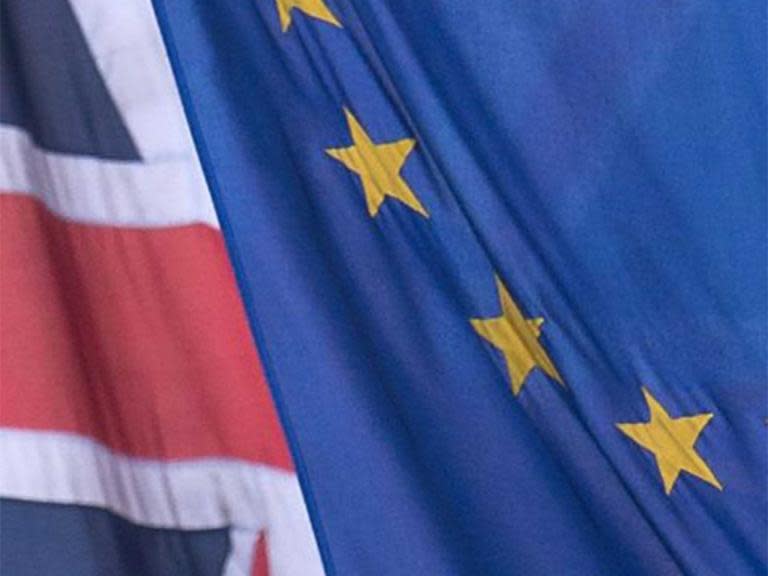Brexit: Ministers will be sent across Europe to rescue Chequers plan after Barnier savaging
Cabinet ministers will be sent across Europe to try to rescue Theresa May’s Chequers plan for Brexit after its savaging by the EU’s negotiator.
Direct talks will be held with key politicians of EU countries, as the prime minister steps up attempts to bypass opposition to her proposals in the European Commission.
The move comes after the negotiations hit a fresh wall when Michel Barnier, the EU’s Brexit coordinator, warned aspects of the UK’s plan were impractical or even illegal.
Insisting it could not form the basis for the talks, Mr Barnier said the rest of Europe would be left wide open to fraud by Ms May’s latest customs proposals.
It could result in a smugglers' paradise, he warned, with goods deliberately misdeclared as intended for the UK – to enjoy lower tariffs – only to be sent on to EU, avoiding higher duties.
He also warned there could be no progress on negotiating a blueprint for future trade unless the UK quickly signed up to a legally enforceable “backstop” to avoid a hard border for Northern Ireland.
Now the prime minister will try to break the impasse by meeting the leaders of Austria, the Czech Republic and Estonia in the coming week.
Later this month, David Lidington, her effective deputy, will head to France, Jeremy Hunt, the Foreign Secretary, will visit Germany – while Home Secretary Sajid Javid will be in Spain and Greg Clarke, the business secretary, will fly to Italy.
No 10 said there would be other summer visits, including by European ministers to the UK, on top of 90 calls to European ministers since the white paper was published a fortnight ago.
Ms May stressed the negotiations would continue in Brussels, but added: “We know European citizens will also be keen to hear how this proposal will benefit them.
“This is a principled and practical Brexit that is mutual interests of the UK and EU but it will require pragmatism from both sides.
“We must step up the pace of negotiations and get on to deliver a good deal that will bring greater prosperity and security to both British and European citizens. We both know the clock is ticking – let’s get on with it.”
Hopes are fading fast for an agreement in October – once described as the deadline – with the two sides so far apart on key issues.
An emergency summit has been touted for November, with the end of the year now pinpointed as the final chance for a deal to allow a smooth Brexit on 29 March next year.
Ms May has insisted crashing out without a deal remains an option, despite majority opposition in the Commons and her own civil servants warning of food and medicine shortages.
However, she has also warned that a rejection of Chequers could mean “no Brexit at all’ – reflecting the growing calls for delay and, possibly, a fresh referendum if her attempts to secure agreement fail.

 Yahoo News
Yahoo News 

